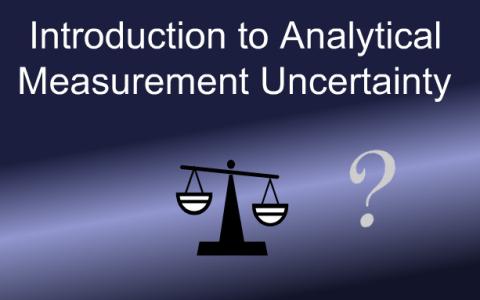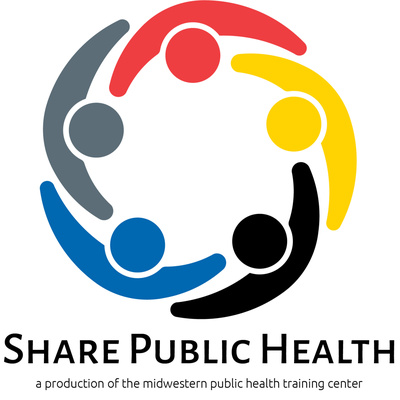Course Summary
This online course introduces the topic of measurement uncertainty and defines the basic terms of measurement. The reason that all measurements contain some level of doubt is explained and illustrated. A distinction is made between random and systematic error and examples are given. The importance of understanding measurement uncertainty in a laboratory setting is stated and examples are provided of situations in which the laboratorian will need this knowledge. The mathematical functions used in calculating standard deviation are demonstrated and the role of standard deviation in determining measurement uncertainty is explained. Finally, the user is taken, step by step, through the calculations necessary to determine the uncertainty of a laboratory sample, using an example from an environmental chemistry laboratory.
Throughout the course, graphics, photographs and narration are employed to provide the user with an interesting and informative experience. Additionally, the course includes printable training aids and an interactive section to engage the user and also reinforce the lessons. This course provides a basis for those new to the subject of measurement uncertainty and a refresher for laboratorians who would like to review the basics.
Intended Audience
All laboratory staff who perform testing that requires the determination of measurement uncertainty or standard deviation
Learning Objectives
After completion of this course, the participant will be able to:
- Identify measurement as a comparison with some known standard.
- Define terms commonly used to express measurement in laboratory settings.
- Discuss the difference between precision and accuracy in measurement.
- Estimate the precision of a measurement by computing a standard deviation.
- Describe key tools or methods used to evaluate or estimate uncertainty.
- Identify benefits of proficiency in calculating measurement uncertainty.
Pre-requisites/Learning Level
- No Pre-requisites
Competencies addressed
- Analytical/Assessment Skills, Communications Skills, Public Health Sciences Skills
CEUs Offered
None
Cost
Free
Modality/format
Online Self-Pace
Length
1 hour
Presenter(s) and/or Content Expert
Marcia Valbracht, BS, MHA
Technical requirements
- Adobe Acrobat Reader
- Flash Player
- Speakers
Registration requirements
Register a free account
Creation and/or update
July 9, 2014




